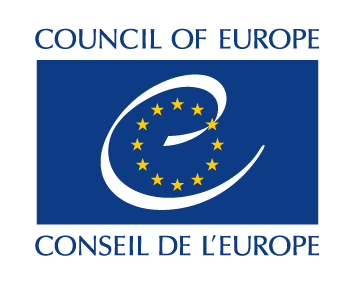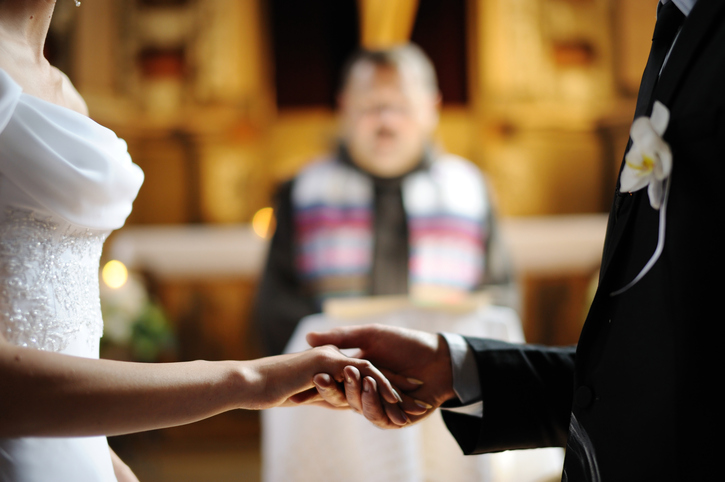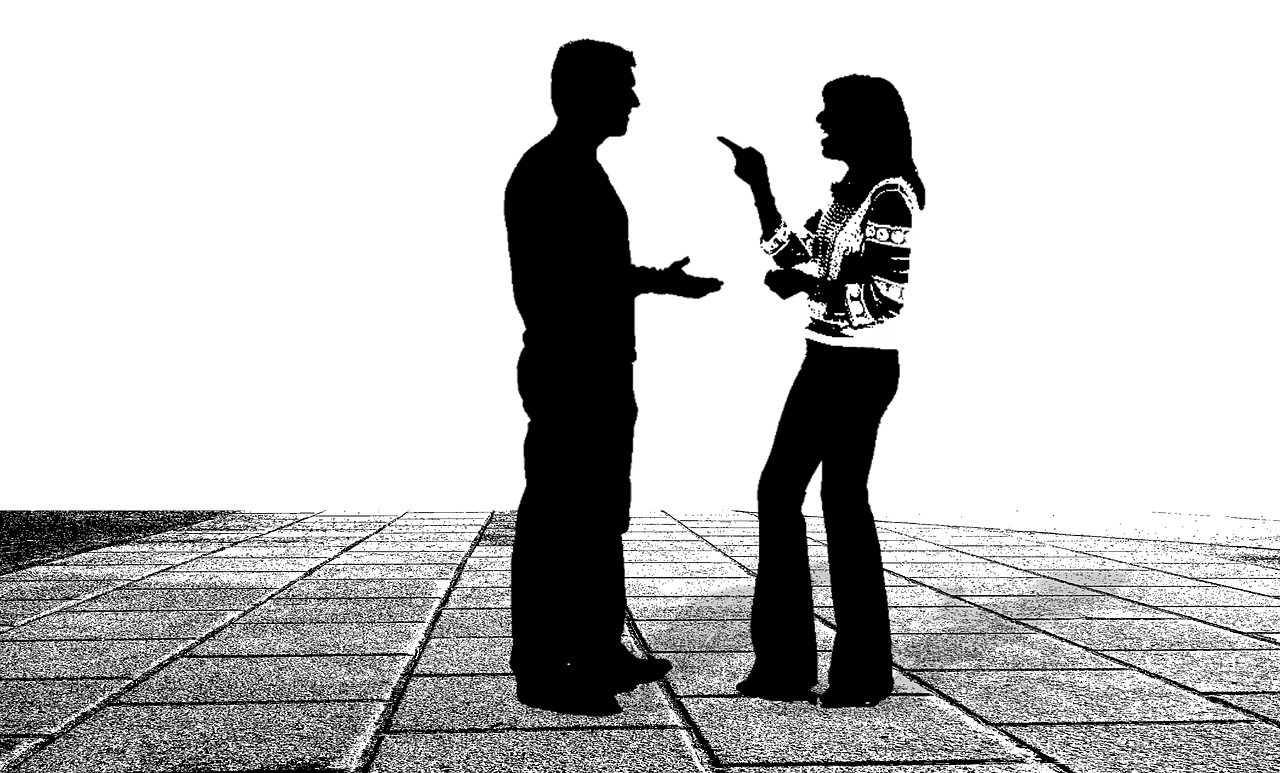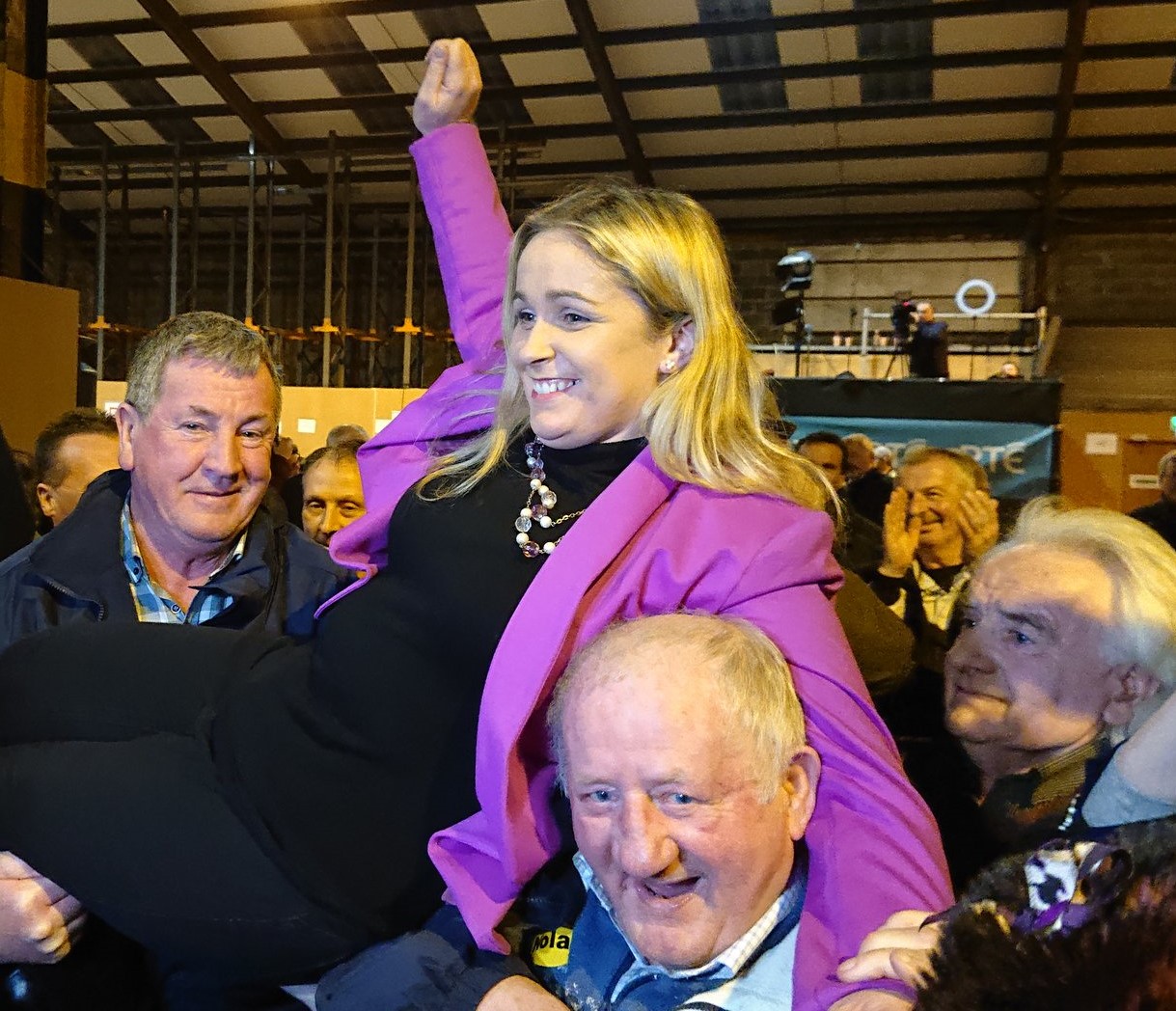All 15 TDs who voted against the radical abortion regime of the outgoing Government last December 2018 have been re-elected to Dáil Éireann.
On the other hand, some of the most vocal supporters of that law have lost their seats or failed to be elected as TDs.
Denise Kelly of the Pro-Life Campaign welcomed the news as “truly uplifting”.
“Some had their chances of re-election completely written off by the media, others had to overcome huge opposition within their parties because of their pro-life stance – all of them deserve our heartiest congratulations for standing up for life and prevailing”, she said.
“It is important to mention that other candidates were also elected who are solidly pro-life. Together, they have shown the leadership of the main political parties that the electorate appreciate people who stick to their principles and don’t waver under pressure”.
The pro-life TDs who voted against the abortion law and were returned to their seats are Michael Collins, IND, Cork South West; Michael Fitzmaurice, IND, Roscommon/Leitrim; Peter Fitzpatrick, IND, Louth; Noel Grealish, IND, Galway West; Michael Healy Rae, IND, Kerry, and his brother Danny Healy Rae, IND, Kerry; Michael Lowry, IND, Tipperary; Mattie McGrath, IND, Tipperary; Carol Nolan, IND, Laois-Offaly; Peadar Tóibín, Aontu, Meath West; Mary Butler, FF, Waterford; Eamon O Cuiv, FF, Galway West; John McGuinness, FF, Carlow/Killkenny; and, Marc MacSharry, FF, Sligo/Leitrim.
Pro-abortion candidates who lost election included Kate O’Connell FG; Lisa Chambers, FF; Ruth Coppinger, PBP; Minister for Social Protection, Regina Doherty, FG; Minister for Children, Katherine Zappone, Ind, and Senator Catherine Noone, Joan Burton and Jan O’Sullivan of Labour. Timmy Dooley, FF, and Noel Rock, FG.
In particular, in a new five seat constituency that amalgamated two previous three seaters, Marcella Corcoran Kennedy in Laois/Offaly, who was a outspoken supporter of repeal lost her seat to Carol Nolan who resigned from Sinn Fein due to her principled opposition to abortion. In Dún Laoghaire, Fine Gael’s Mary Mitchell O’Connor (‘pro-choice’ and pro-repeal’) failed to hold her seat, which went to pro-life TD, Cormac Devlin of Fianna Fáil.




















